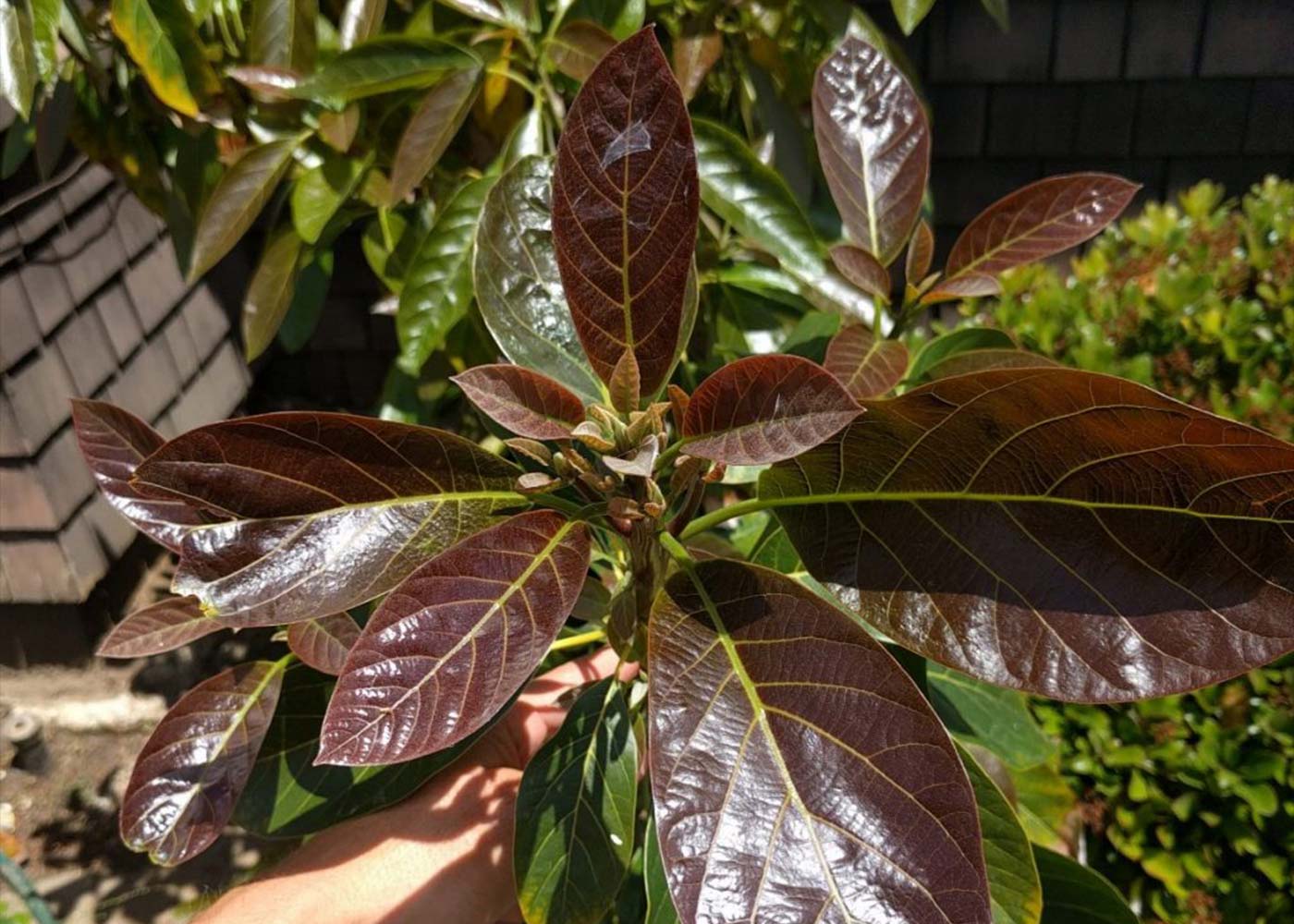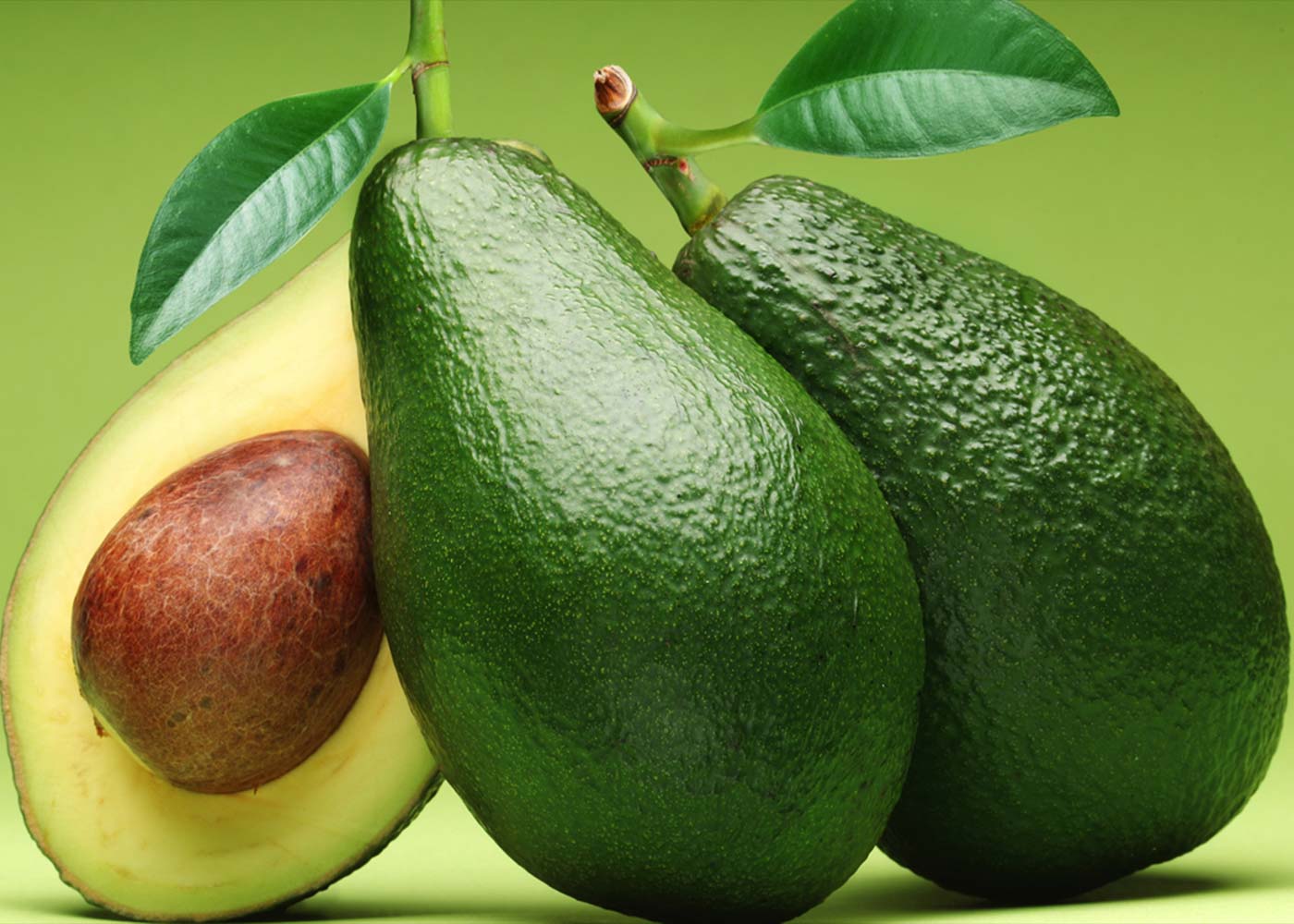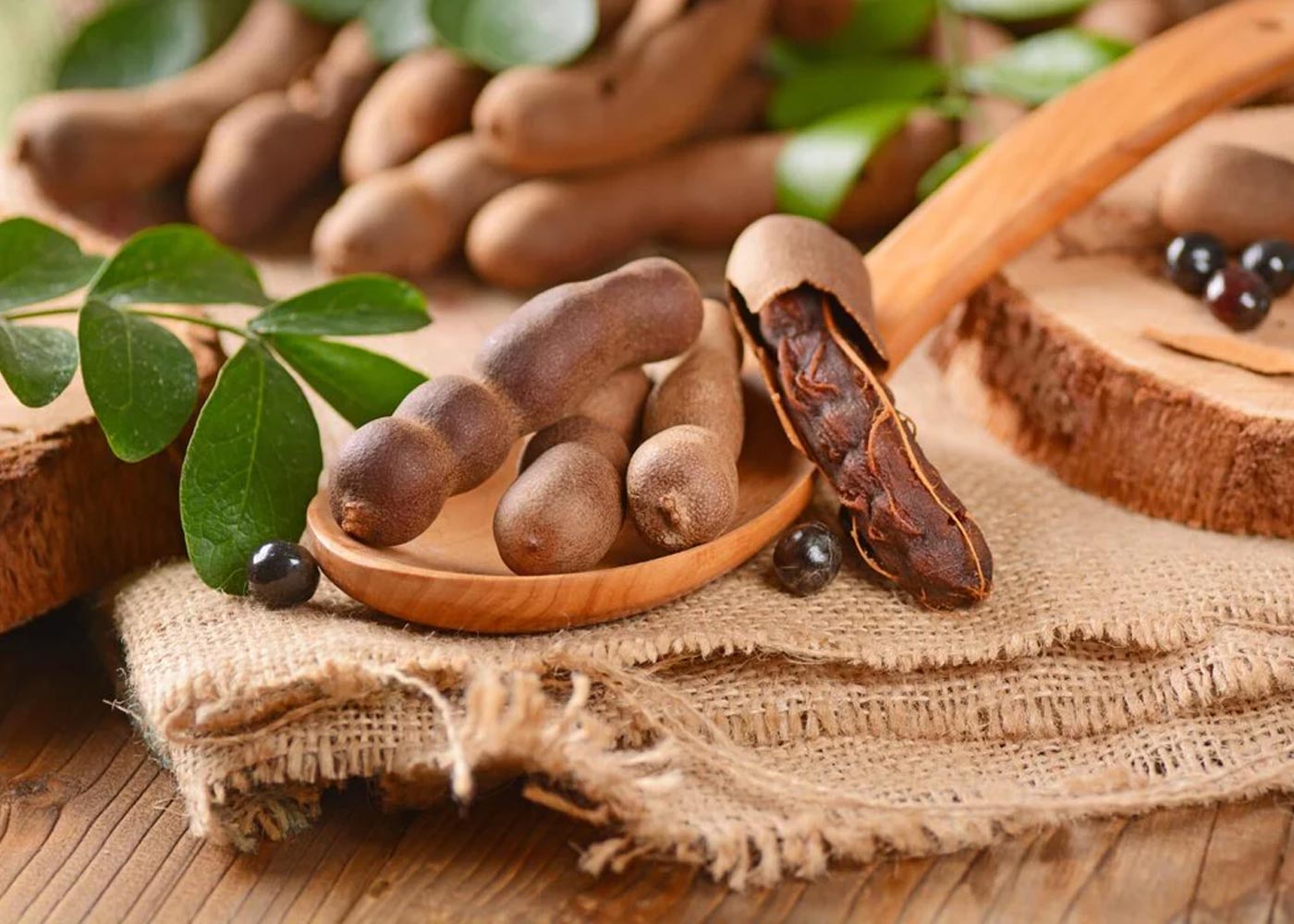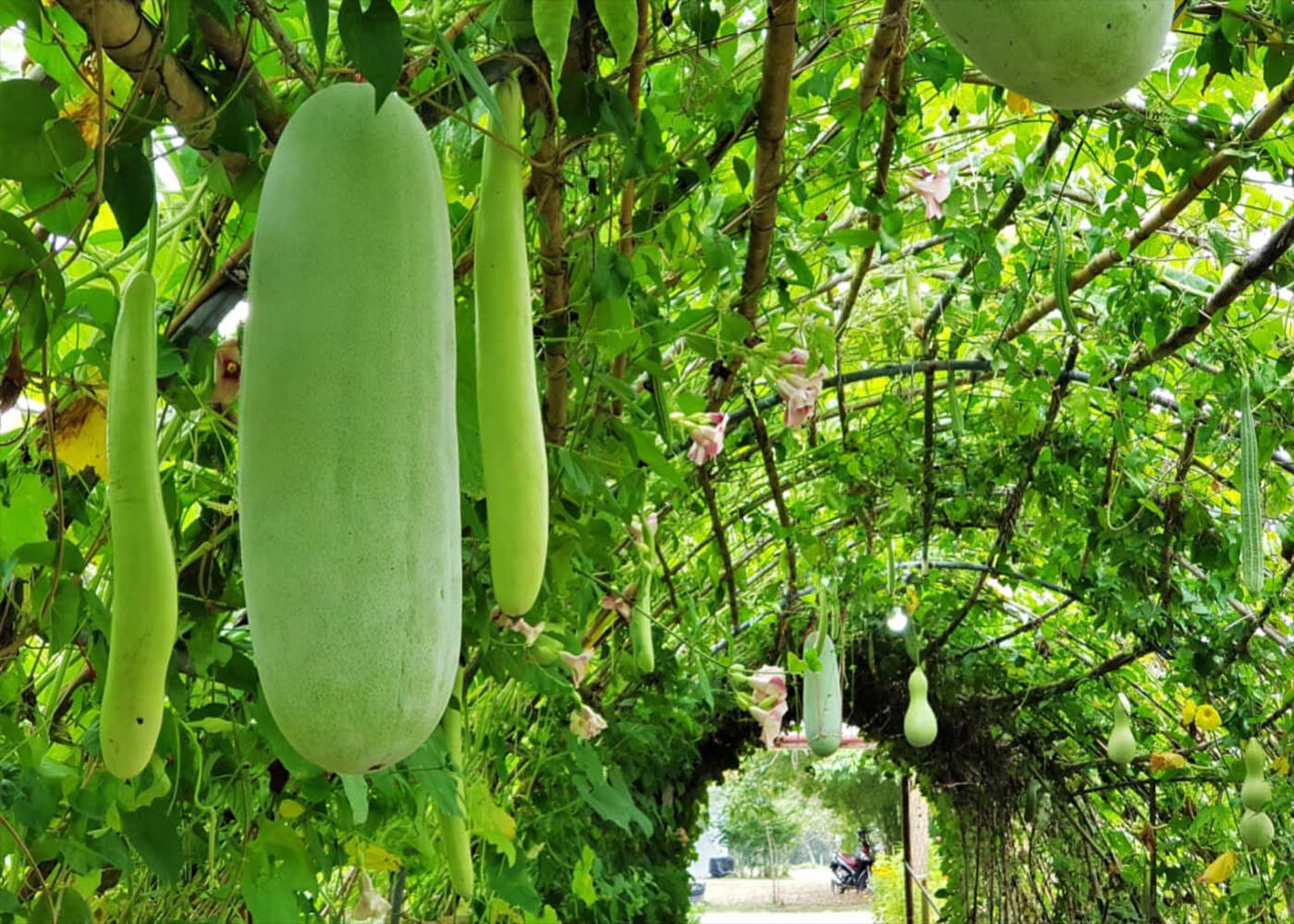The excellent health advantages of avocado leaves, which are sometimes overlooked in favor of the fruit, should be acknowledged. These leaves are loaded with minerals, anti-oxidants, and therapeutic qualities that can improve many areas of our health. It provides a natural and comprehensive approach to wellness, helping with everything from digestion to heart health.
The Nutritional Value of Avocado Leaves
1. Minerals and Vitamins: The Nourishing Elements of Nature
Vitamins including vitamin C, vitamin E, vitamin K, and a variety of B vitamins like thiamine, riboflavin, niacin, and folate are all present in significant amounts in it. These vitamins are essential for many body processes, including cell renewal, immunological support, and energy production.
They are a rich source of minerals, including calcium, magnesium, potassium, iron, and zinc. These minerals help maintain a healthy electrolyte balance, strong bones, and healthy muscles.
2. Protecting Your Body from Damage with Antioxidants
Avocado leaves' high antioxidant content is one of its most remarkable features. Our cells are shielded against oxidative stress and free radicals by these potent substances, which include flavonoids, phenols, and carotenoids. It is well known that antioxidants can lower the chance of developing chronic illnesses, maintain heart health, and encourage a young appearance.
3. The Aromatic Essence of Health: Essential Oils
The essential oils in it, which have many health advantages, give out an alluring scent. These oils include antibacterial, anti-inflammatory, and analgesic effects, including eucalyptol, limonene, and linalool. They have potential uses in natural therapies and have been long used in aromatherapy for their relaxing effects.

Health Benefits of Avocado Leaves
1. Powerhouse for Anti-Oxidants
Polyphenols, flavonoids and carotenoids are abundant in antioxidants in it. These antioxidants are essential in the fight against the body's oxidative stress brought on by free radicals. It help shield cells from injury, lessen inflammation, and boost general cellular health by scavenging these dangerous free radicals.
2. Enhances Digestive Health
Its potential of it to support digestive health is one of its key advantages. These leaves contain substances with anti-diarrheal effects, which assist to soothe stomach irritation. They can help with digestion in general, calm an upset stomach, and lessen bloating.
3. Controls Blood Glucose Levels
They could also help to keep blood sugar levels in a healthy range. According to research, some bioactive substances found in it may increase insulin sensitivity by increasing the absorption of glucose by cells. For people who already have diabetes or who are at risk of getting it, this may be helpful.
4. Aids in Efforts to Lose Weight
It can be a useful addition to the diet of those who are trying to lose extra weight. It provides little calories and dietary fiber, which encourages fullness and aids with appetite control. They are a healthy addition to a balanced diet that can help someone lose weight.
5. Improves Heart Health
They provide heart-protective qualities that support cardiovascular health. It contains potassium and flavonoids, which help control blood pressure and lower the risk of hypertension and its associated consequences. It can also help lower LDL cholesterol levels, supporting a healthy heart.

6. Increases Immunity
The ability of it to strengthen the immune system is simply amazing. It has phytochemicals that boost the immune system and increase resistance to illness and infection. Regular eating of it can maintain a healthy immune system and act as a natural protection against many diseases.
7. Supports for Pain Relief
Because of its analgesic qualities, it has been utilized for centuries. It can help relieve pain brought on by inflammation, arthritis, or muscular discomfort when applied topically or brewed into a tea. These leaves contain natural painkillers and other substances that have a calming effect on the body.
8. Enhances Respiratory Wellness
They can provide great alleviation for respiratory conditions if you're looking for natural treatments. They have expectorant qualities that aid in clearing phlegm and mucus from the respiratory tract. Additionally, it help ease coughs, lessen congestion, and improve respiratory health in general.

9. Relieves Skin Rashes
They are good for the skin as well as for internal wellness. They can relieve a variety of skin irritations, including rashes, bug bites, and sunburns, because of their antibacterial and anti-inflammatory characteristics. Applying the leaf paste might relieve pain and expedite recovery.
10. Minimizes Inflammation
A frequent underlying cause of many chronic disorders is inflammation. Anti-inflammatory substances found in it contribute to the body's reduced inflammation. You can be able to reduce inflammation and the signs and symptoms it causes by eating it or applying them topically.
11. Strengthens Teeth and Bones
The leaves of the avocado help keep teeth and bones firm and healthy. They are a rich source of calcium, which is necessary for strong tooth enamel and dense bones. Regular eating of it can assist maintain general oral health and avoid diseases like osteoporosis.
12. Enhances Mental Function
It includes nutrients that help improve cognitive function. They include vital nutrients, including vitamins and antioxidants, that promote brain health and can enhance mental acuity in other ways, including memory, focus, and general mental clarity. It can enhance long-term cognitive health when included in a balanced diet.

Avocado Leaves used in Traditional Ways.
There is a long heritage of traditional applications for it. The leaves are made into tea in some cultures to cure illnesses including diarrhea and kidney stones, as well as to control diabetes. A testament to the significance of it is the customary wisdom that has been passed down through the centuries.
Uses for Avocado Leaves in Food
It is used in food preparation in addition to its therapeutic qualities. The leaves give food a distinctive taste character and are frequently used in Central American and Mexican cooking. To improve the flavor and scent, they are used in soups, stews, tamales, and several other recipes.
How to Prepare Avocado Leaves for Eating
It's crucial to check that the leaf is high-quality and fresh before utilizing them. Look for lush, green leaf that don't show any indications of fading or injury. The leaves should be carefully washed in cold water and dried before use. As the stems might be fibrous and stiff, cut them off.
Tea Made with Avocado Leaves
You can benefit from its health advantages of it by drinking the well-liked and calming beverage known as avocado leaf tea. The steps are as follows to create the leaf tea:
1. Boil water
2. To the boiling water, add a few leaves.
3. Lower the heat, and simmer the leaves for 10 to 15 minutes.
4. To get the leaves out of the tea, strain it.
5. If preferred, sweeten with honey or a natural sweetener.
6. Relax and savor your soothing avocado leaf tea.

Making Smoothies and Salads with Avocado Leaves
It can also be enjoyed by adding them to salads and smoothies. The earthy, mellow flavor of the leaves pairs well with a variety of foods. To add an extra healthy boost to your favorite salad or smoothie, simply finely cut it and add them in.
Seasoning using Avocado Leaves
It can be dried, pounded into a powder, and used as a tasty flavoring in a variety of recipes. This spice gives marinades, soups, and stews a distinctive flavor. To add a delicious scent and flavor to your favorite foods, sprinkle the powdered leaf over them.
Oil with Avocado Leaf Infusion
You can make your own leaf-infused oil to capture the essence of it. This oil can be used to prepare food or as a delicious salad dressing. Here is a quick process to create oil infused with it:
1. To release the leaves' oils, crush a few leaves.
2. Fill an uncontaminated glass jar with the crushed leaves.
3. Cover the leaves with olive oil to completely cover them.
4. To enable the flavors to meld, carefully cap the jar and leave it out for at least two weeks.
5. Strain the oil to get the leaves of the avocado out.
6. Keep the oil infused with it in a cold, dark location and use it as needed.
Avocado Leaf Supplements and Extracts
There are supplements and leaf extracts on the market for people who want a stronger form of leaf ingestion. These items give you a practical method for integrating it into your everyday life and take full use of their possible health advantages.
Skin Conditions: Avocado Leaf Poultice
It can be applied topically to treat some skin issues. You can topically use a poultice prepared from mashed leaf to ease irritation, reduce redness, and encourage skin healing. To make sure there are no adverse effects, it is advised to conduct a patch test before using the poultice.
Uses for Avocado Leaves
You can utilize it in a variety of ways, including as fresh, dried, or as an extract. While dried leaves can be made into tea or powder for use in medicine, fresh leaves are mostly utilized in cooking. Skincare products often contain extracts.

Fresh or Dried Avocado Leaves?
it come in both fresh and dried forms, each with its own advantages. When used in cooking, fresh leaves offer a more lively taste. However, dried leaves can be used to make tea or extracts that are powdered. Based on your planned usage and availability, choose the form.
Location of Avocado Leaves
Where can I find it if I'm curious about them and want to learn more about them? You may get it from specialist supermarkets, regional farmers' markets, or even by cultivating the tree in your yard. Make sure you get your leaves from a reputable supplier.
Avocado Leaf Storage
Its durability and quality is guaranteed by proper preservation. If you have fresh leaves, put them in the refrigerator wrapped in a moist paper towel. To preserve their flavor and efficacy, dried ones should be stored in a sealed container in a cold, dark location.
Growing Avocado Tree
Growing a tree may be lucrative for those with a green thumb. Depending on the environment where you live and the amount of room you have, the trees may be grown both indoors and outside. You can maintain a steady supply of It by taking care of an avocado tree.
Avocado Leaf Culture and Folklore
In many societies, it has cultural importance. In certain myths and traditions, they have been connected to fertility, luck, and even defense against bad spirits. We can better appreciate its diversity of it by investigating its cultural context.
Conclusion
In conclusion, avocado leaves have a variety of health advantages that are sometimes overlooked. It provides a comprehensive approach to well-being thanks to its antioxidant characteristics as well as their advantageous effects on digestion, blood sugar management, weight loss, and heart health. It can increase numerous biological processes and promote general health, whether they are eaten or applied topically.
If you wish to contribute to our blog, please email us on morhadotsan@gmail.com.






















